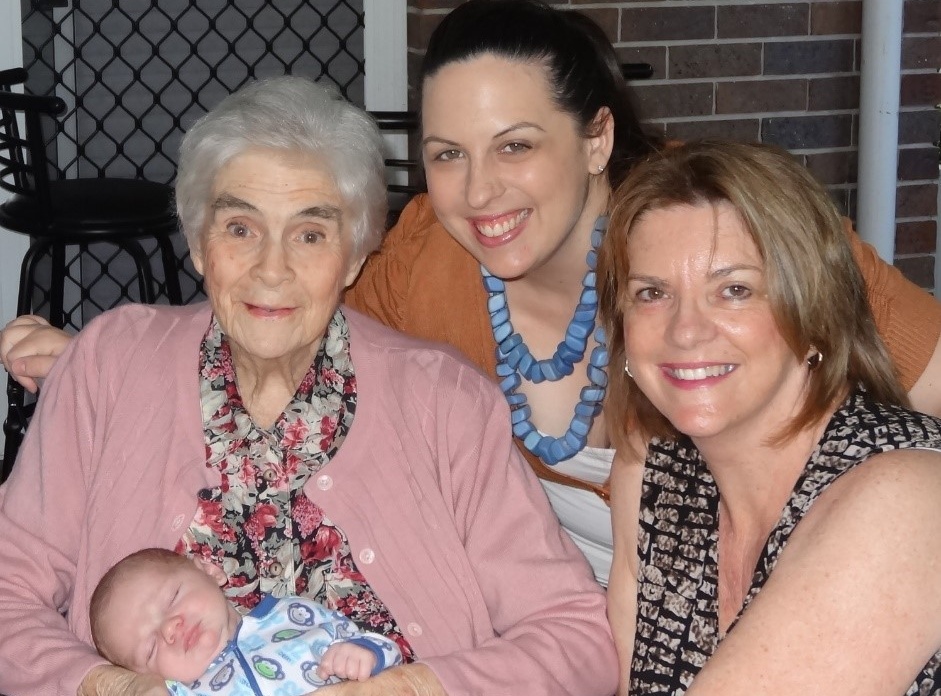I recently sat down with my Mum (Barbara) the other day, and had a chat about her experiences in supporting her mother (my dearly missed, late Nanny) in retiring from driving.
Jenny:T
Thanks for sharing your insights Mum. What initially concerned you about Nanny’s driving?
Barbara:
She had been using a wheelie walker because of her bad hip and difficulty getting out of the car – I was concerned about her reflexes to brake quickly. She always passed the eye test – but there didn’t seem to be any other regulations at the time. I wasn’t aware of any assessment programs at the time.
Jenny:
How did you feel about this challenge
Barbara:
For me – it was hard, but it was the only way. She was fiercely independent and was always the one helping others, not the one being taken care of.
Jenny:
How did you approach the conversation with her – that it might be time for her to give up driving?
Barbara:
I told her, you’ve had a perfect driving record – “you’ve only ever had one accident 50 years ago which wasn’t your fault and you don’t want to be the old lady on the news who has crashed into a childcare centre.” At that time a number of elderly drivers were involved in some serious accidents as reported in the media. Mum understood the implications.
Jenny:
What strategies did you use to encourage her to stop driving?
Barbara:
Various family members would borrow her car for a few weeks at a time, to get used to not having a car around.
Jenny:
Did you do anything else to support her transition to non-driving?
Barbara:
I would take her shopping, then we had a family conference to try to organise rotations of transport assistance. One advantage for family members driving her places and taking her shopping was the social aspect, having coffees or lunch and chats, just getting out and seeing the world. She also had access to transport assistance through DVA. She was concerned about the costs of taxis, but I pointed out if she sold the car she would have heaps of money for taxis.
Jenny:
And what was the outcome?
Barbara:
She said she had liked having the car there “just in case” – she actually stopped driving about a year prior to selling the car. It took time, but she got used to not having the car around. In the end she was convinced, and her grandson (a mechanic) did up the car and sold it for her.
Can I help you?
Please contact me at Driving Well Occupational Therapy if you have concerns about a client’s / patient’s / loved one’s driving.
#practicaldrivingassessment #driving #occupationaltherapy #drivingcessation #olderdrivers #disability #olderdriver

